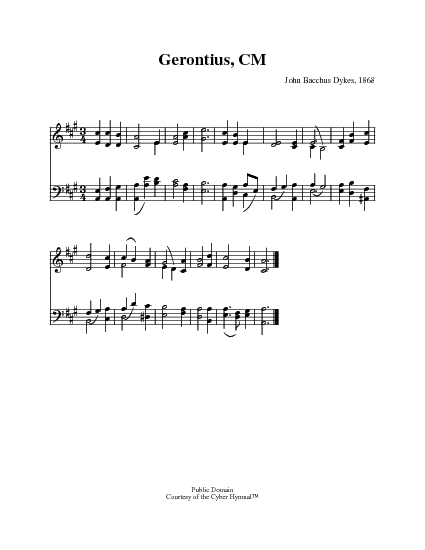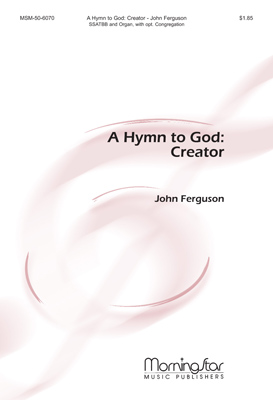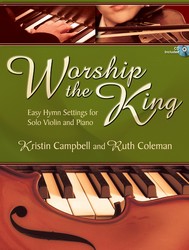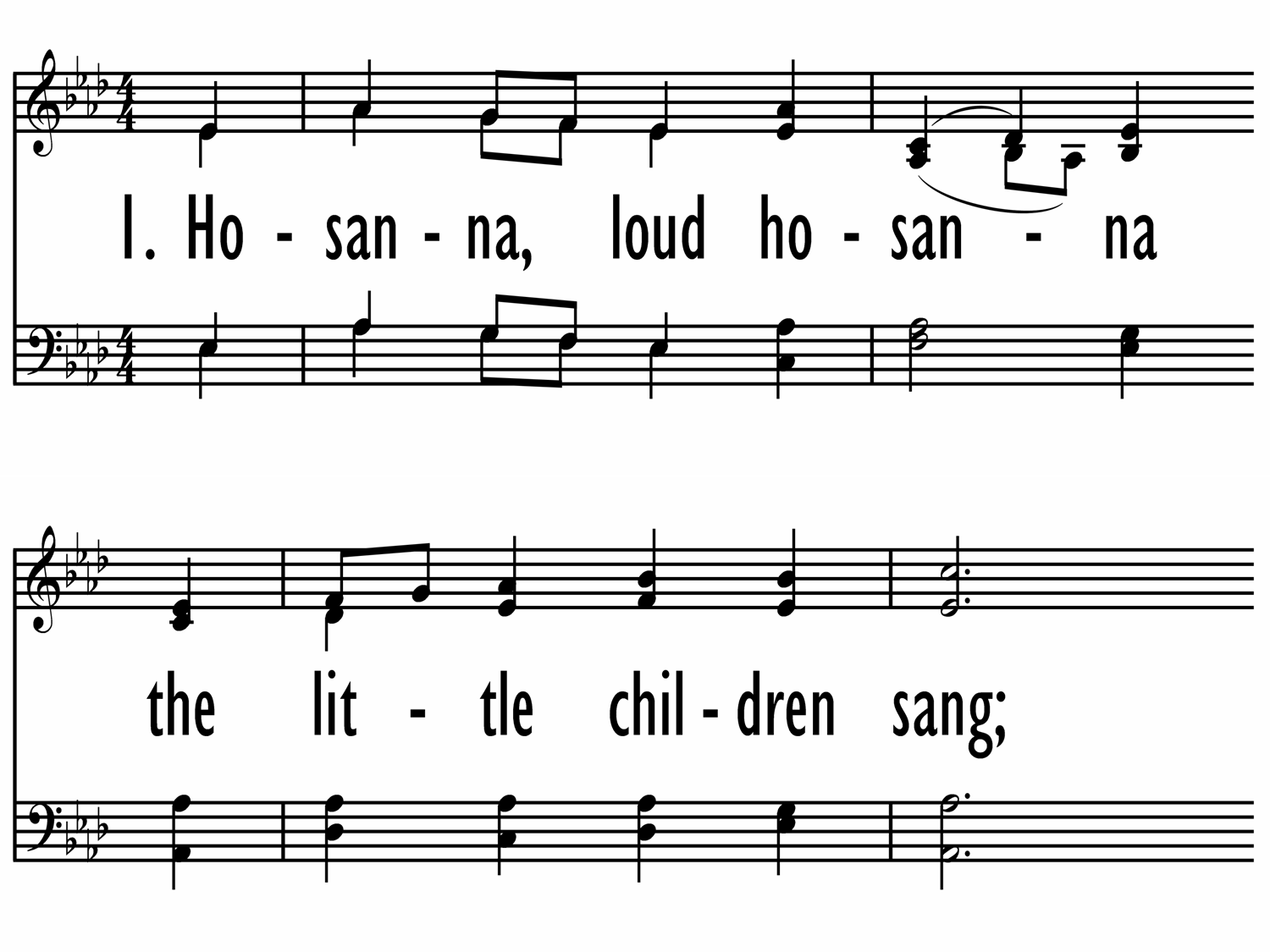My God, I know, I feel Thee mine. C. Wesley. [Peace and Holiness desired.] Published in Hymns & Sacred Poems, 1740, p. 156, in 12 stanzas of 4 lines, and entitled, "Against Hope, Believing in Hope" (Poetical Works, 1868-72, vol.i. p. 328). In the Wesleyan Hymn Book, 1780, No. 351, stanza x. is omitted, and slight changes in the text are introduced. This form is repeated in the revised edition, 1875, and has passed into several collections. In addition there are also the following arrangements of the hymn in common use:—
1. Father, Thy all-victorious love. This opens with st. iv. altered, and is in use in American Unitarian hymnbooks.
2. Jesus, Thine all-victorious love. This also begins with st. iv. altered, and is in American common use.
3. My God, I humbly call Thee mine. This is in Mercer’s Church Psalter & Hymn Book, Oxford ed., 1864, in 9 stanzas.
4. 0 that in me the sacred fire. In the Primitive Methodist Hymnal, 1887, and a few American collections. This opens with st. vii.
--John Julian, Dictionary of Hymnology (1907)


 My Starred Hymns
My Starred Hymns







